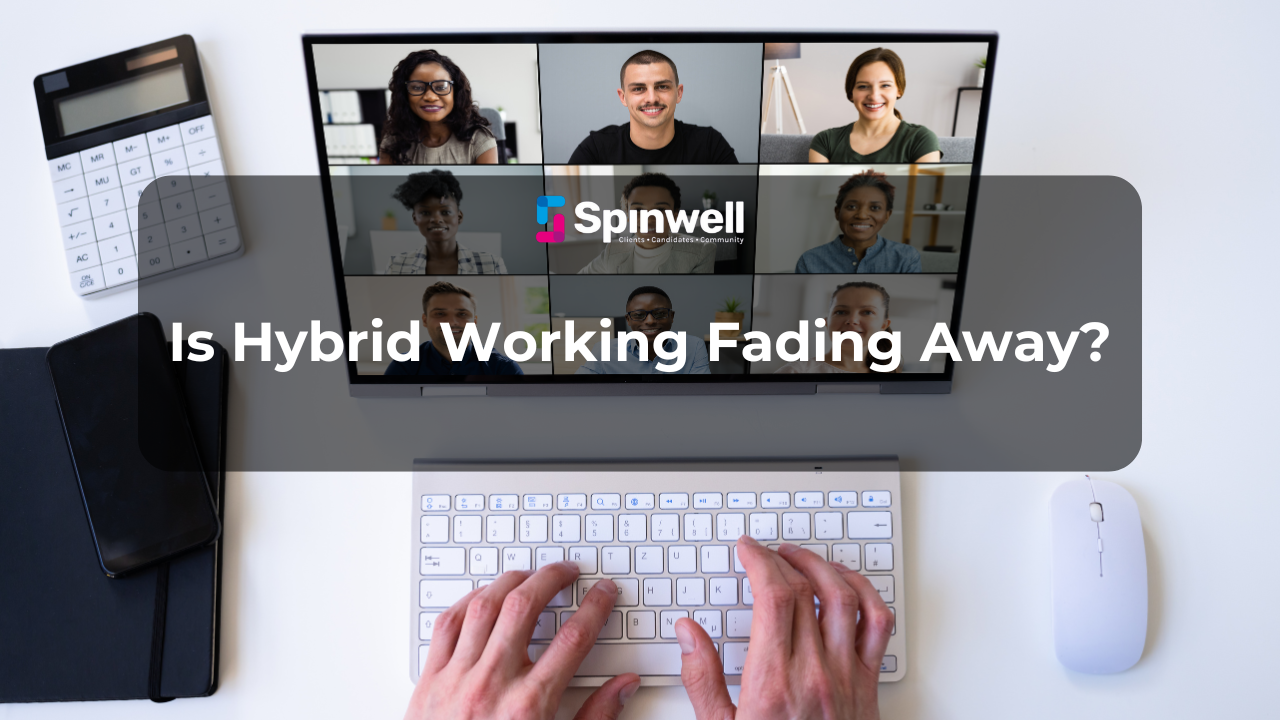

When the pandemic reshaped the way we worked, hybrid working—splitting time between home and the office—was hailed as the future of work. It offered the perfect balance: flexibility for employees and face-to-face collaboration for employers. But in recent months, there’s been a noticeable shift. More organisations are moving back toward office-first models, leaving many to wonder: is hybrid working starting to fade?
Why Companies Are Pulling Back
-
Collaboration & Culture
Leaders argue that being in the office strengthens culture, sparks creativity, and fosters better collaboration. Some fear that too much time apart weakens team cohesion. -
Productivity Concerns
While many employees thrive remotely, some employers believe productivity dips without consistent in-office presence—particularly for new hires who benefit from hands-on mentoring. -
Economic Pressures
With businesses under pressure to maximise efficiency, some see office attendance as a way to ensure accountability and quicker decision-making. -
Real Estate Investments
Large office spaces come at a cost. Many organisations are reluctant to let expensive real estate sit half-empty, leading to stricter return-to-office policies.
What This Means for Employees
For workers, the shift can feel like a step backward. Many value the flexibility hybrid working offers—saving time on commutes, achieving better work-life balance, and enjoying autonomy. As companies tighten policies, employees may begin factoring flexibility into their career choices, making it a potential differentiator in recruitment and retention.
The Future of Hybrid
Hybrid isn’t disappearing entirely, but it’s evolving. The balance between flexibility and in-person work will likely continue to shift depending on industry, company culture, and employee expectations. Those businesses that can strike the right balance—offering flexibility while maintaining collaboration—will have the edge in attracting and keeping top talent.
Get in touch with us
NK






